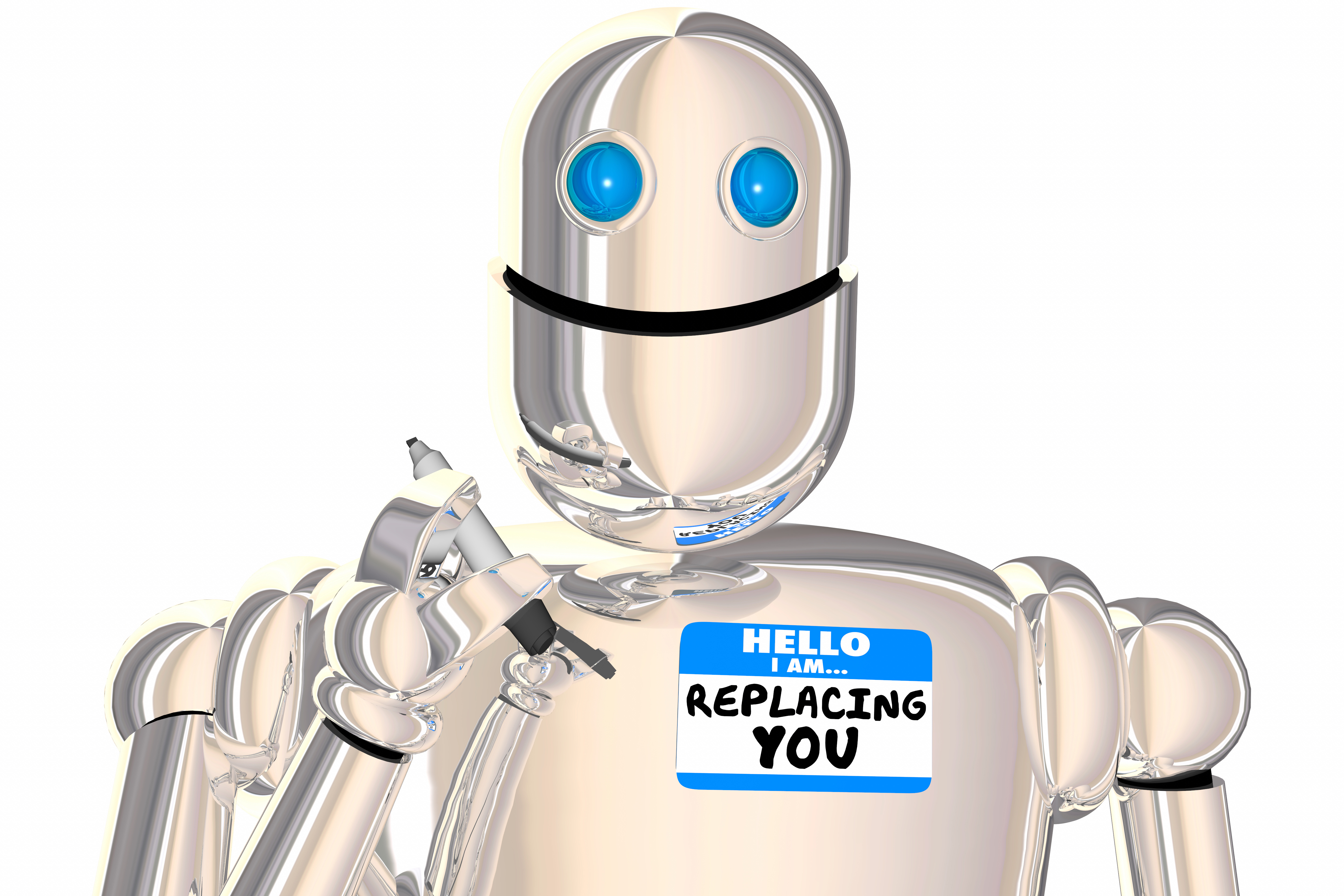
The recent PwC’s study ‘Will robots really steal our jobs?’ has found that New Zealand is well positioned to manage the three coming waves of automation between now and the mid-2030s. New Zealand has the sixth-lowest share of jobs that are at high risk of automation, the report found.
On average across the 29 countries covered, the share of jobs at potential high risk of automation is around 3 percent by the early 2020s, but this rises to almost 20 percent by the late 2020s, and 30 percent by the mid-2030s.
In New Zealand, however, the risk rises to only 24 percent by the mid-2030s.
According to Andy Symons, Innovation Partner at PwC New Zealand, New Zealand will fare better than others thanks to this country’s higher concentration of jobs in industries with relatively low potential automation rates.
“The data suggests New Zealand has the opportunity to continue creating jobs for people as the world navigates through the coming waves of automation. We have a workforce that’s built on roles that are less automatable on average than many countries around the world.”
Nevertheless, this does not mean we can afford to be complacent, Mr Symons says, with education one of the key areas that will need to adapt.
“Both businesses and government should be developing strategies around retraining options for workers and building an education system that allows us to replace jobs that are lost through automation,” he says.
Between now and the mid-2030s, PwC expects three waves of automation to reshape the global economy.
The much-delayed English draft curriculum is now out for consultation, generating discussion from teachers.
Research from AUT demonstrates arts, culture and recreation have positive impacts on all aspects of…
How effective has the school phone ban been in achieving its aims? Researchers from the…
School camps and excursions deliver hands on learning experiences, helping to consolidate classroom learning.
Innovations in AV technologies present new opportunities to engage with students. We look at how…
A new report from the University of Auckland’s Our Voices Project asks young people what…
This website uses cookies.